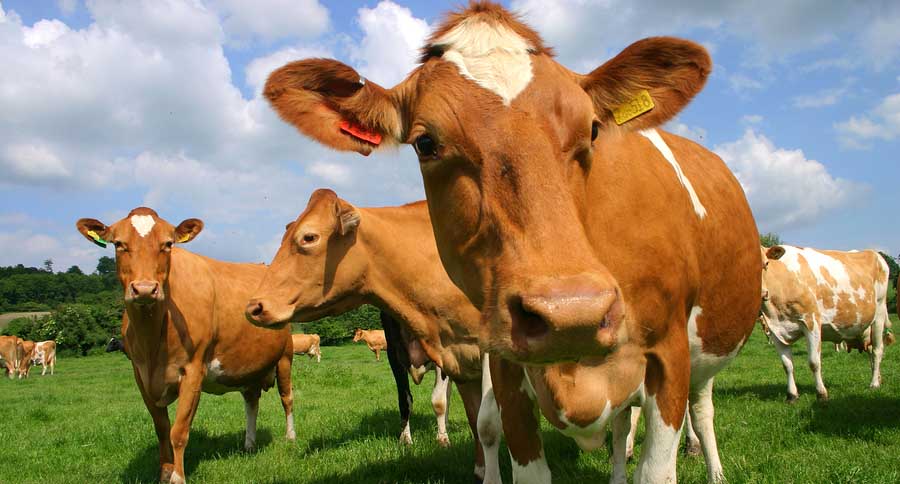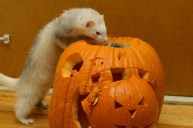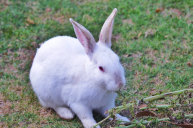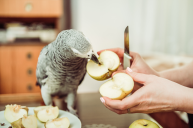Did you know a dairy cow's diet isn't just grain?
According to the Dairy Discovery Zone, a cow has to have a variety of feed components to ensure she remains healthy and can produce "a strong calf and top quality milk."
Here are the questions to ask when deciding what rations to feed. It'll depend on the stages of her breeding and milking cycle.
What do you feed a young heifer?
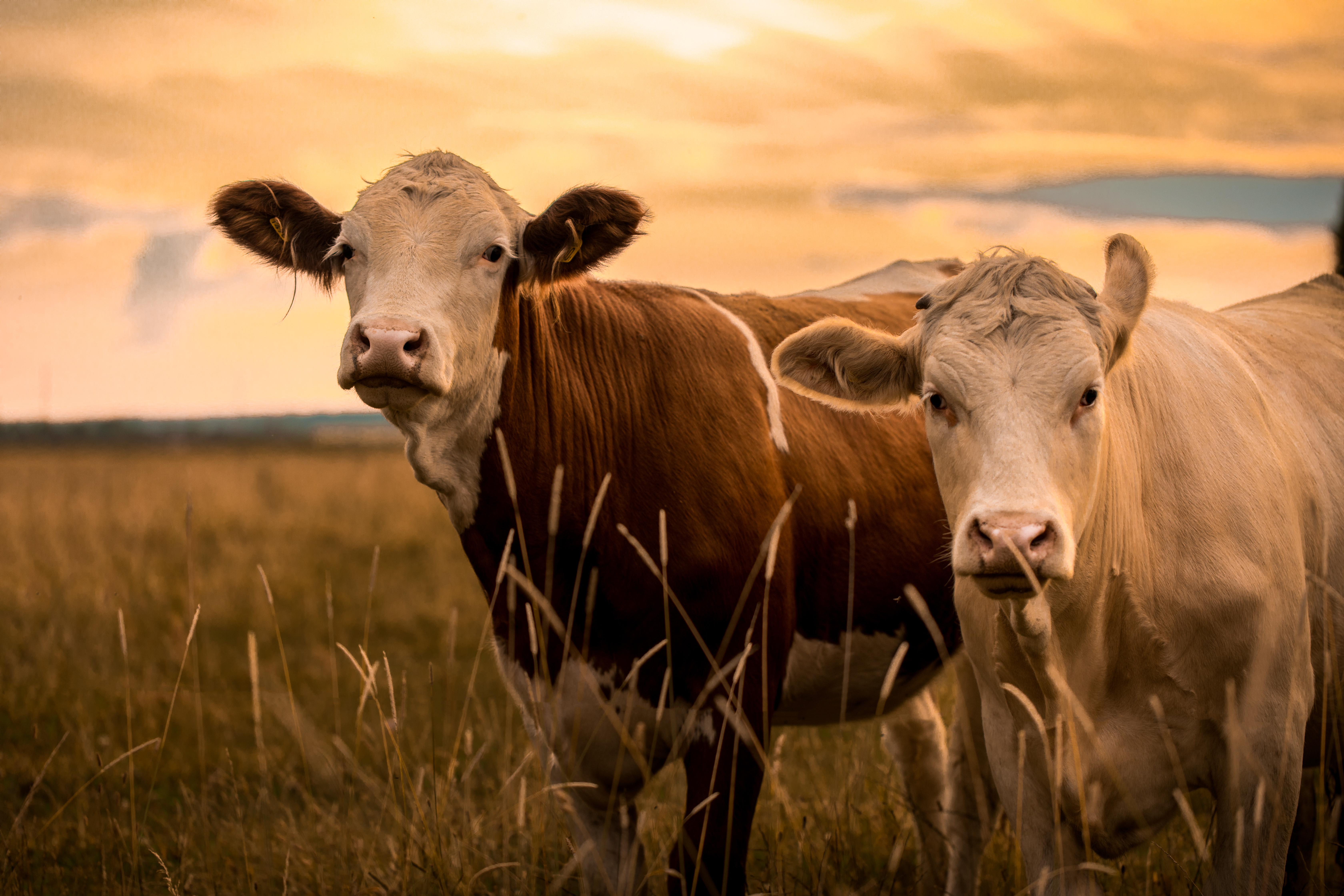
Young heifers need good nutrition with age-appropriate calories and protein to ensure steady growth for future dairy cows.
What about after a cow gives birth?
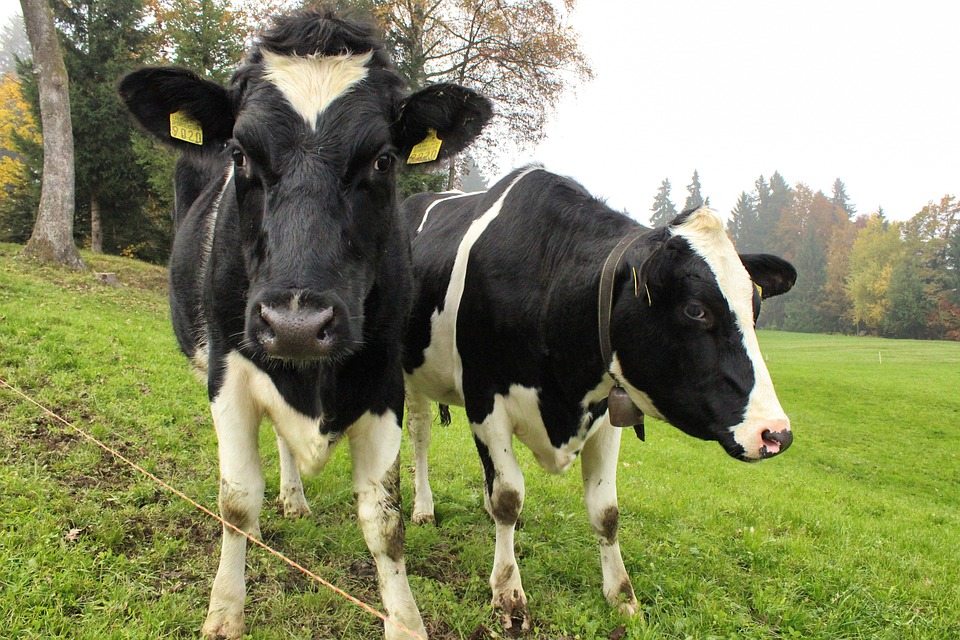
After a cow gives birth, she needs special nutrition to regain her strength and body condition.
What does their daily diet consist of?
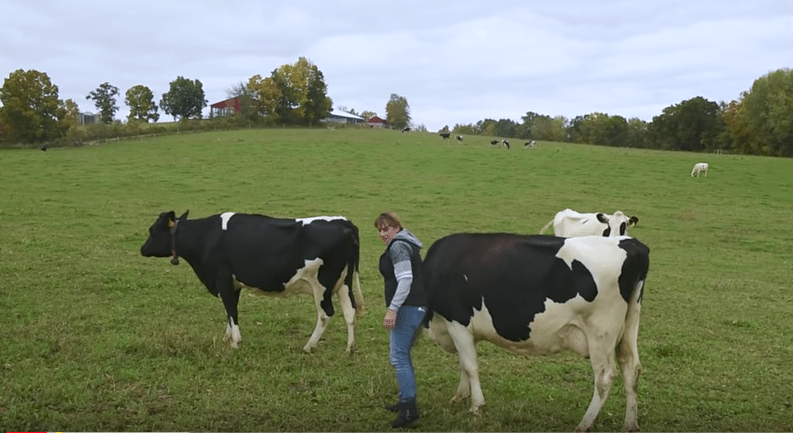
Photo: screenshot from YouTube
Most dairy cows' daily diets are planned by a nutritionist. The Dairy Discovery Zone explains that dairy cows eat "as much as 100 pounds of rations a day." A combination of forage, grain, mineral supplements and protein-rich feeds is recommended.
"Who knows the characteristics of each cow on the dairy and knows exactly how much protein, fiber ("forage" in farmer lingo) and the types of minerals and vitamins she needs."
Forage is an essential ingredient for a cow's diet. Forage includes pasture grass in the spring and summer months, or it can be chopped grass (silage). Silage can be chopped ryegrass, green corn stalks, sorghum grasses, wheat, coastal Bermuda grasses, Sudan hay, and other high-nutrient grasses.
"Every bite of feed a cow gets is analyzed for nutrients such as calcium, fiber, protein, phosphorus, several vitamins and sodium, plus a long list of other critical nutrients."
So, what do cows eat? They eat a lot more than grain! Dairy farmers work with nutritionists to ensure the balanced diet has the exact number of supplements and roughage. These dairy cows are ruminants and dairy farmers want us to have the perfect glass of milk!
Food safety is very important when it comes to human food. What goes into animal feed is based on 'science'.
Did we miss anything? Tell us in the comments below.
